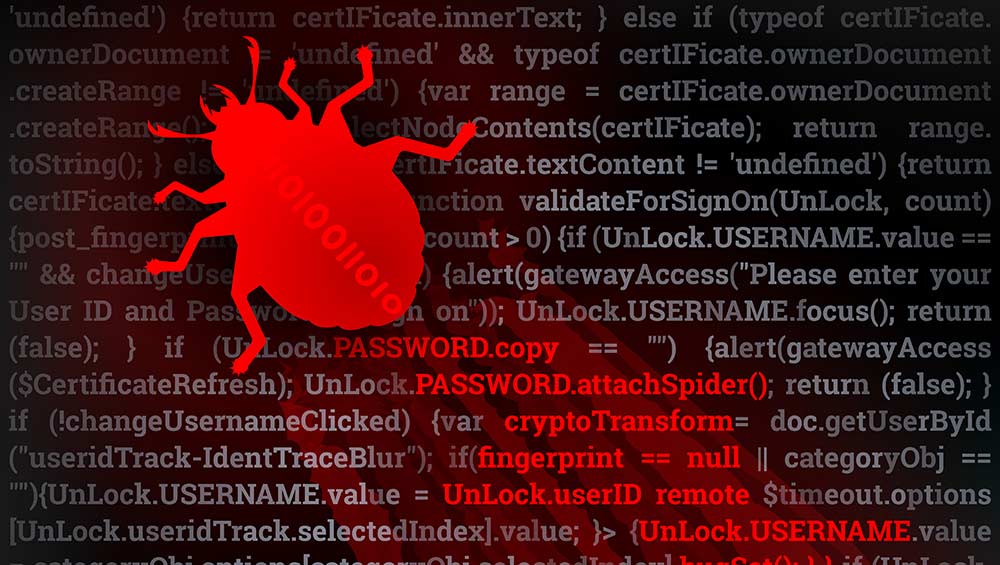Server discovered hosting millions of stolen gaming accounts
Symantec has come across a server containing details of 44 million stolen gaming accounts being validated by a trojan.


Millions of stolen gaming accounts have been found on a server, according to security researchers, but it's not the number that has caused major concern.
Symantec has claimed that not only did it discover 44 million stolen accounts, but it also uncovered a trojan that has been validating all the accounts on a massive scale.
Eoin Ward, a security expert at Symantec, claimed what he called the Trojan.Loginck turned the 44 million details into "hard cash."
"[The cyber criminals wrote] a program that checks the login details and then distributed the program to multiple computers," he wrote on his blog.
"By taking advantage of the distributed processing that [this] option offers, you can complete the task more quickly and help mitigate the multiple-login failure problems by spreading the task over more IP addresses."
Once each of the login details were validated, they could be sold onto other online scammers for anywhere between $6 (4.12) right up to $28,000, in the case of experienced World of Warcraft user details.
Ward concluded: "As always, Symantec recommends that you keep your definitions up to date in order to ensure protection against new threats." He added it would be a good idea to update your password, too.
Get the ITPro daily newsletter
Sign up today and you will receive a free copy of our Future Focus 2025 report - the leading guidance on AI, cybersecurity and other IT challenges as per 700+ senior executives
Jennifer Scott is a former freelance journalist and currently political reporter for Sky News. She has a varied writing history, having started her career at Dennis Publishing, working in various roles across its business technology titles, including ITPro. Jennifer has specialised in a number of areas over the years and has produced a wealth of content for ITPro, focusing largely on data storage, networking, cloud computing, and telecommunications.
Most recently Jennifer has turned her skills to the political sphere and broadcast journalism, where she has worked for the BBC as a political reporter, before moving to Sky News.
-
 Asus ZenScreen Fold OLED MQ17QH review
Asus ZenScreen Fold OLED MQ17QH reviewReviews A stunning foldable 17.3in OLED display – but it's too expensive to be anything more than a thrilling tech demo
By Sasha Muller
-
 How the UK MoJ achieved secure networks for prisons and offices with Palo Alto Networks
How the UK MoJ achieved secure networks for prisons and offices with Palo Alto NetworksCase study Adopting zero trust is a necessity when your own users are trying to launch cyber attacks
By Rory Bathgate
-
 CronRat Magecart malware uses 31st February date to remain undetected
CronRat Magecart malware uses 31st February date to remain undetectedNews The malware allows for server-side payment skimming that bypasses browser security
By Rene Millman
-
 Mekotio trojan continues to spread despite its operators’ arrests
Mekotio trojan continues to spread despite its operators’ arrestsNews Hackers have used it in 100 more attacks since arrests
By Rene Millman
-
 “Trojan Source” hides flaws in source code from humans
“Trojan Source” hides flaws in source code from humansNews Organizations urged to take action to combat the new threat that could result in SolarWinds-style attacks
By Rene Millman
-
 What is Emotet?
What is Emotet?In-depth A deep dive into one of the most infamous and prolific strains of malware
By Praharsha Anand
-
 Fake AnyDesk Google ads deliver malware
Fake AnyDesk Google ads deliver malwareNews Malware pushed through Google search results
By Rene Millman
-
 Hackers use open source Microsoft dev platform to deliver trojans
Hackers use open source Microsoft dev platform to deliver trojansNews Microsoft's Build Engine is being used to deploy Remcos password-stealing malware
By Rene Millman
-
 Android users told to be on high alert after Cerberus banking Trojan leaks to the dark web
Android users told to be on high alert after Cerberus banking Trojan leaks to the dark webNews The source code for the authenticator-breaking malware is available for free on underground forums
By Sabina Weston
-
 Qbot malware surges into the top-ten most common business threats
Qbot malware surges into the top-ten most common business threatsNews An evolved form of the banking Trojan was distributed by number one-ranking Emotet in a campaign that hit 5% of businesses globally
By Keumars Afifi-Sabet